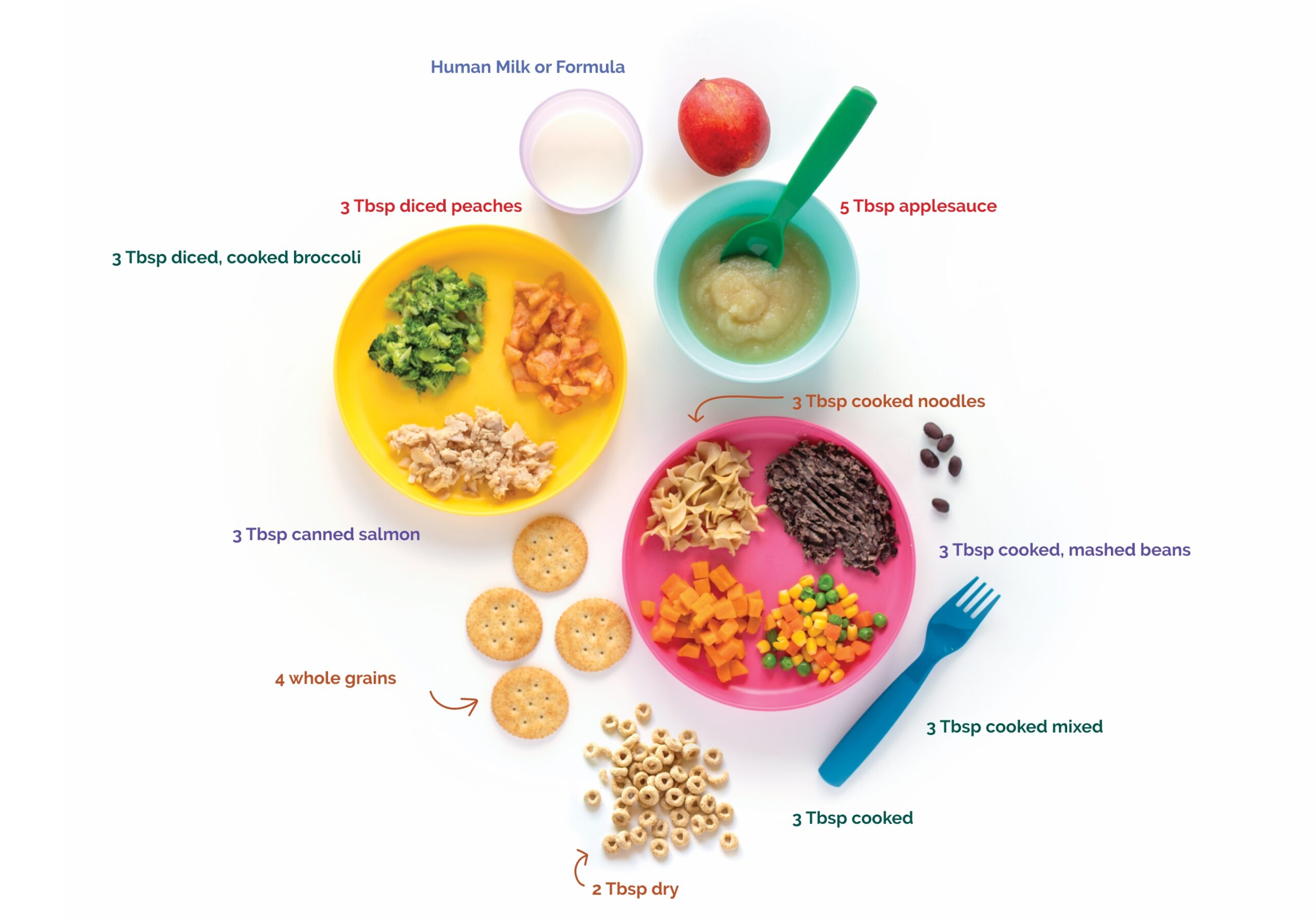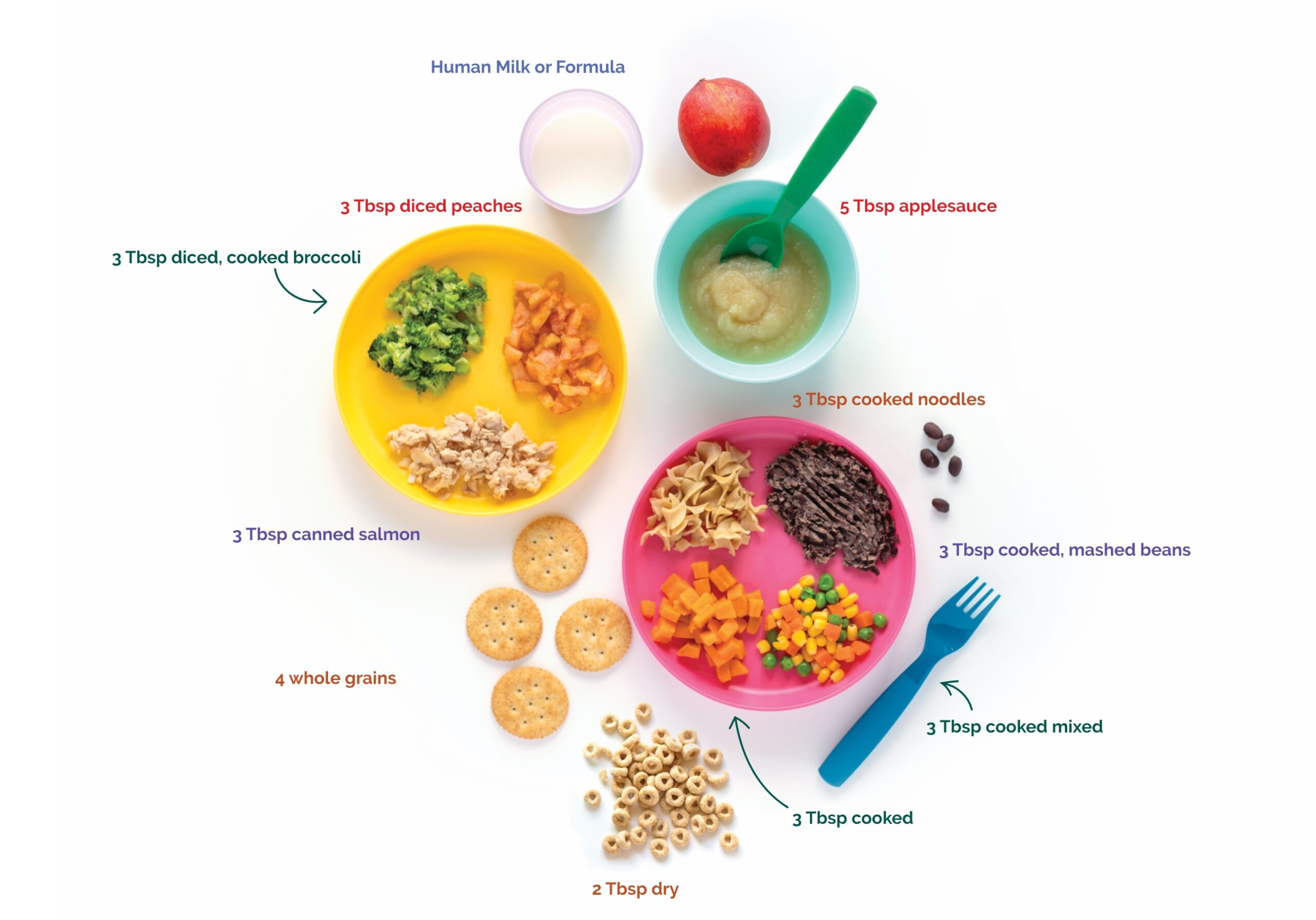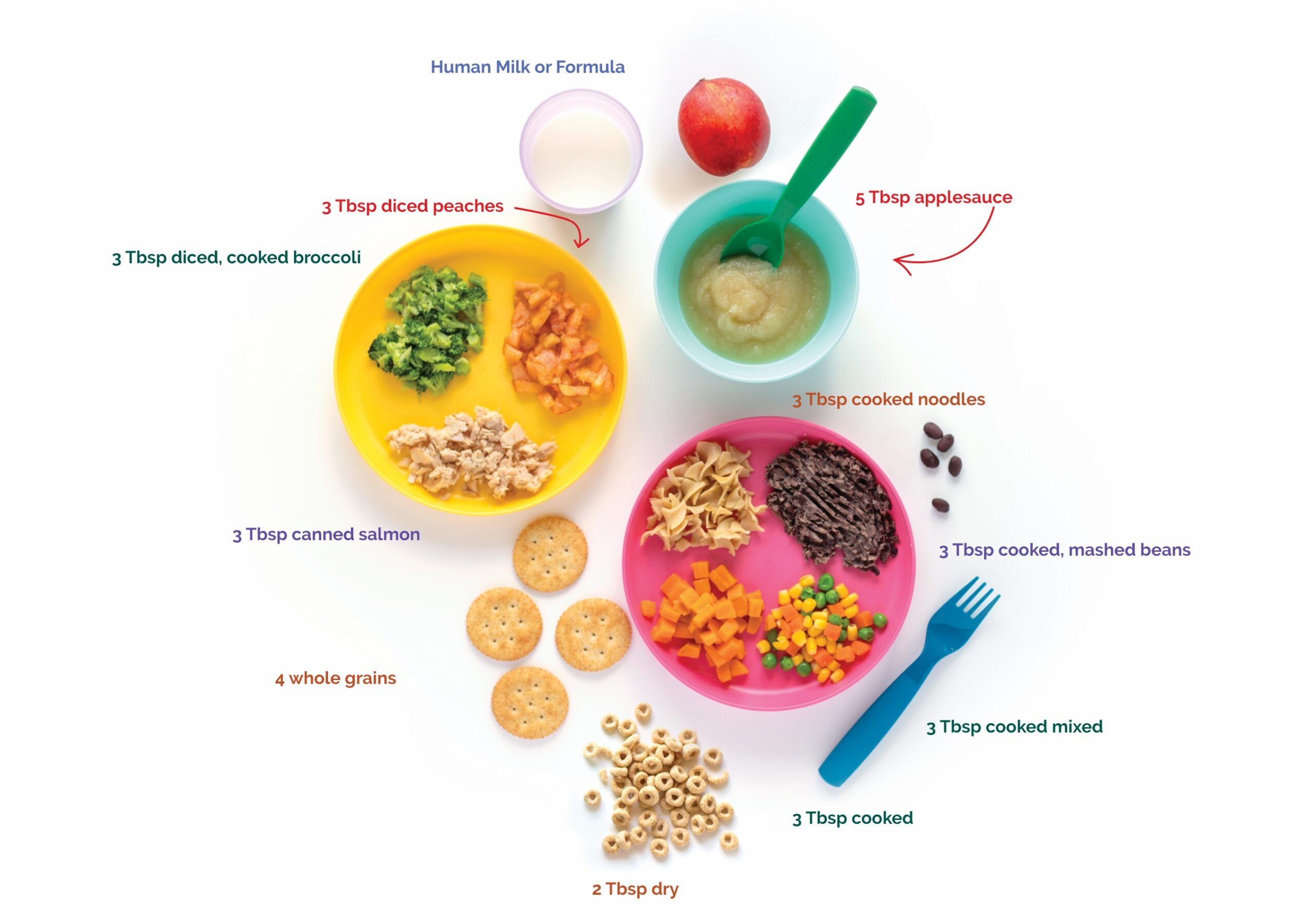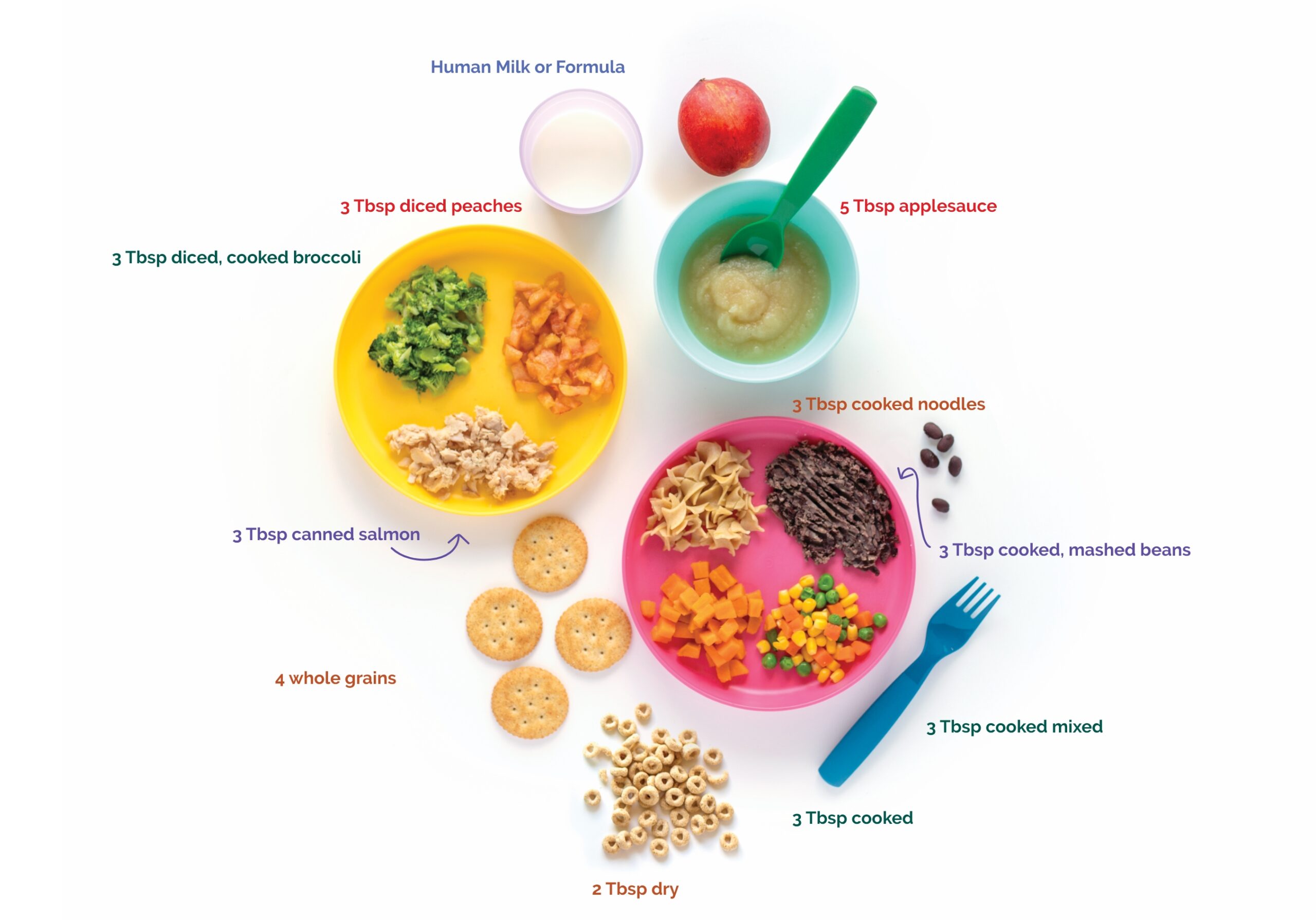What
is WIC?
WIC (Women, Infants and Children) is a special nutrition program for pregnant, postpartum, and breastfeeding women, infants, and children under five years of age.
WIC provides free nutritious foods to supplement your diet. WIC also provides breastfeeding support and nutrition education to help you and your children be healthy and eat well.
To qualify for WIC benefits you must:
- Live in the State of Delaware
- Meet the income requirement
- Be in need of the special supplemental foods that WIC offers

To find out if you qualify for WIC, contact the WIC clinic site closest to you for an appointment.
New Castle County Clinics
Claymont Community Center
3301 Green St., Claymont, DE 19703
(302) 605-4099
Hudson State Service Center
501 Ogletown Rd., Newark, DE 19711
(302) 605-4066
Northeast State Service Center
1624 Jessup St., Wilmington, DE 19802
(302) 605-4099
West End Neighborhood House
710 N. Lincoln St., Wilmington, DE 19805
(302) 605-6653
Kent County Clinics
Milford Riverwalk
253 NE Front St., Milford, DE 19963
Smyrna State Service Center
200 S. DuPont Blvd., Ste. 101, Smyrna, DE 19977
Williams State Service Center
805 River Rd., Dover, DE 19901
Sussex County Clinics
Pyle State Service Center
34314 Pyle Center Rd, Frankford, DE 19945
Shipley State Service Center
350 Virginia Ave., Seaford, DE 19973
Georgetown – Located at La Red
2144 Carmean Way, Georgetown, DE 19947























